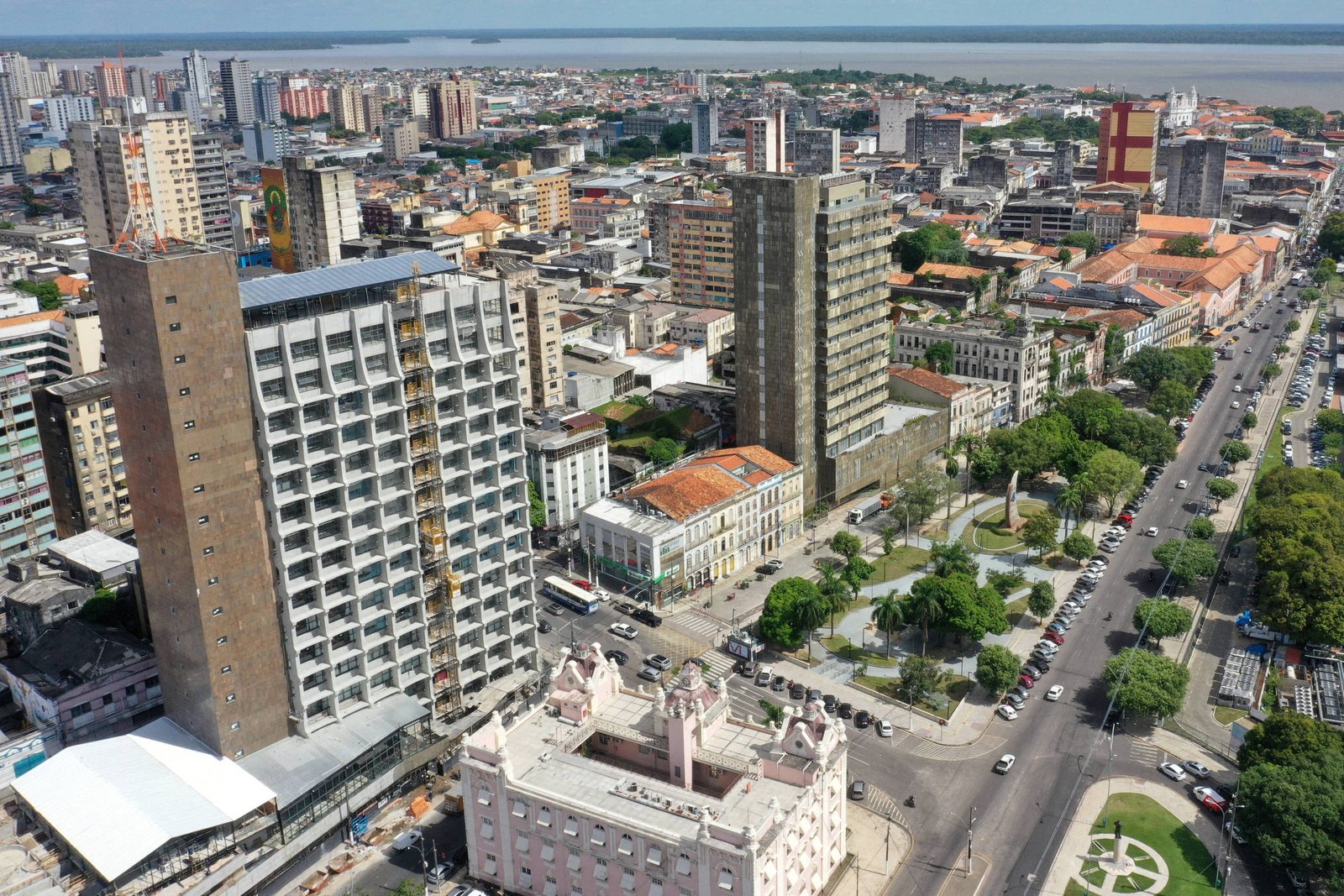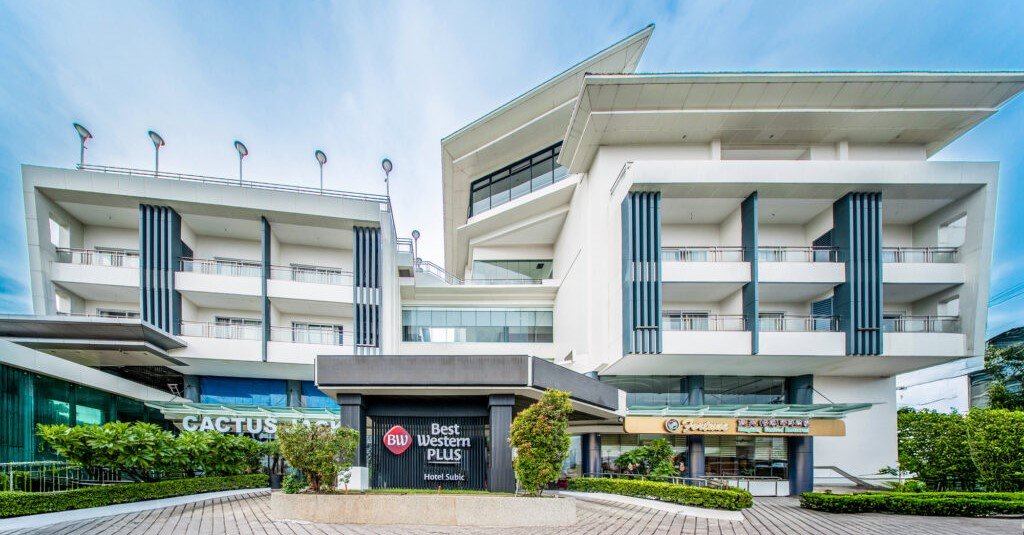Hotels & Accommodations
Is it Airbnb’s fault that Paris hotels are expensive?
France, as one of the world’s top tourist destinations, is struggling with a hotel shortage. A range of factors make it very difficult to build new hotels in large enough quantities, which results in skyrocketing prices and various other problems for travellers. This trend over recent years has coincided with a significant rise in the use of Airbnb. But what is the true connection between those two events?
If Airbnb and similar companies are being targeted by public authorities for contributing to the scarcity of housing on the market, why aren’t hotel chains facing the same level of scrutiny? The answer likely lies in the lobbying power of the hotel industry.
Across the globe, cities are engaged in an ongoing battle against Airbnb and short-term rentals, introducing increasingly restrictive regulations. The common accusation against the platform is that it reduces the availability of housing for residents, prioritizing tourists instead—thereby driving up rents.
While it is understandable that authorities seek to prevent cities like Paris from becoming mere tourist hubs, why restrict short-term rentals while allowing the proliferation of new hotels each year?
While Airbnb and furnished tourist accommodation are in its sights, Paris City Hall is indeed promoting substantial development of the hotel industry. In 2008, it decided to reserve public land in order to build 7,000 rooms as part of a ten-year hotel plan. In the end, 16,300 additional rooms were created, exceeding the initial objective by more than 100%. This phenomenon does not only concern Paris: the growth in the supply of hotel accommodation is often even double or even triple that of the supply of accommodation in the major French cities.
According to the Atelier parisien d’urbanisme (Apur), an association bringing together specialists in urban planning in the capital, between 1994 and 2018, 150 hotels and 21,500 rooms were built in Paris and in the inner suburbs − i.e. 900 new rooms each year. In inner Paris, 77 new hotels and 8,700 rooms were built over the same period. In 2014, the Plaza Athénée, the illustrious Parisian hotel owned by the despot at the head of the Sultanate of Brunei, was extended after the acquisition of three buildings adjoining the historic building.
How can we solve this complicated problem? There is clearly a misallocation of space in the city. Thousands of hotel rooms are empty in Paris each evening; those square meters could be allocated to housing Parisians instead.
In inner Paris, creating new hotels generally requires transforming existing ones. Apur examined the number of building permits issued between September 2014 and December 2018 and identified a trend of net hotel creations, with a majority of cases seeing new constructions overall. And this dynamic is not showing any signs of slowing down or stopping.
There are concerns among the tourism industry about France’s ability to meet the demand of tourists wishing to visit, especially with the government setting ambitious targets for tourism. Paris is already one of the leading tourist destinations in the world, along with Tokyo and New York. Should we continue to build new hotels, even if it is to the detriment of Parisians’ ability to find housing, and then blame American tech companies for housing shortages?
Whatever is going on behind the scenes, the overarching trends are clear to see. As is so often the case with European policy in the twenty-first century, pointing the finger at a corporate giant is easier than confronting the real and complex issues facing an entire industry. Airbnb’s hands may not be clean, but for as long as French and European politicians continue to kick the can down the road, it will be tourists in France who suffer most from the stranglehold around the travel and accommodation industry’s neck.
This article was written by Florent Aubert. Florent is a French twentysomething professional working in the finance and real estate sector. He graduated in 2016 with a Master’s in law and economics, having interned at the Cato Institute and a British law firm’s Hong Kong office.
References
Apur. (2014, May). The metropolitan plan for hotels (Note No. 71).
Matus, C. (2014, July 31). A delicately managed face‑lift for a Paris beauty. The New York Times.
Hotels & Accommodations
Branded residences in India: Luxury hotel chains expand their market presence – The Economic Times
Hotels & Accommodations
Belém Hotels Refuse to Explain COP30 Price Surge – Folha de S.Paulo

Belém Hotels Refuse to Explain COP30 Price Surge Folha de S.Paulo
Source link
Hotels & Accommodations
BWH reopens Subic hotel after redesign

BANGKOK, 7 August 2025: BWH Hotels, a leading global hospitality network comprising WorldHotels, Best Western Hotels & Resorts, and SureStay Hotels, continues to strengthen its presence in the Philippines with the relaunch of the renovated Best Western Plus Hotel Subic, an elevated hotel that overlooks the sea and sunset on the west coast of Luzon Island.
Part of the BWH Hotels portfolio since its opening in 2018, Best Western Plus Hotel Subic has reopened following an extensive revitalisation that will re-establish it as one of the leading destinations in Subic – a dynamic freeport zone and popular tourist resort just 2.5 hours’ drive from Manila.
The redesigned Best Western Plus Hotel Subic now features bright and stylish interiors, international amenities and exceptional event spaces. Travellers can relax in contemporary king or twin rooms, stay connected with fast and free Wi-Fi, chill out at the sea-facing rooftop pool and deck, and work out at the well-equipped fitness centre. Two inviting restaurants offer fresh local and international cuisine throughout the day, and the hotel’s dedicated events hall sets the stage for business and social gatherings, including weddings.
“We are thrilled to welcome guests back to Best Western Plus Hotel Subic following the property’s major refurbishment. With its prime location in the heart of this emerging destination, including a spectacular pool deck and sea views, this is set to become the hotel-of-choice for local and overseas visitors to Subic Bay, including our global network of Best Western Rewards® members,” said BWH Hotels Vice President – APAC Olivier Berrivin.
Best Western Plus Hotel Subic joins the existing portfolio of BWH Hotels in the Philippines, which comprises six hotels and resorts spread across a wide range of vibrant cities and resort destinations, including guest-favoured Best Western Plus properties in Clark, Panglao, and Puerto Princesa.
To book a stay with BWH Hotels in Asia, please visit bestwesternasia.com and worldhotels.com.
-

 Brand Stories2 weeks ago
Brand Stories2 weeks agoBloom Hotels: A Modern Vision of Hospitality Redefining Travel
-

 Brand Stories2 weeks ago
Brand Stories2 weeks agoCheQin.ai sets a new standard for hotel booking with its AI capabilities: empowering travellers to bargain, choose the best, and book with clarity.
-

 Destinations & Things To Do2 weeks ago
Destinations & Things To Do2 weeks agoUntouched Destinations: Stunning Hidden Gems You Must Visit
-

 Destinations & Things To Do2 weeks ago
Destinations & Things To Do2 weeks agoThis Hidden Beach in India Glows at Night-But Only in One Secret Season
-

 AI in Travel2 weeks ago
AI in Travel2 weeks agoAI Travel Revolution: Must-Have Guide to the Best Experience
-

 Brand Stories1 month ago
Brand Stories1 month agoVoice AI Startup ElevenLabs Plans to Add Hubs Around the World
-

 Brand Stories4 weeks ago
Brand Stories4 weeks agoHow Elon Musk’s rogue Grok chatbot became a cautionary AI tale
-

 Brand Stories2 weeks ago
Brand Stories2 weeks agoContactless Hospitality: Why Remote Management Technology Is Key to Seamless Guest Experiences
-

 Asia Travel Pulse1 month ago
Asia Travel Pulse1 month agoLooking For Adventure In Asia? Here Are 7 Epic Destinations You Need To Experience At Least Once – Zee News
-

 AI in Travel1 month ago
AI in Travel1 month ago‘Will AI take my job?’ A trip to a Beijing fortune-telling bar to see what lies ahead | China


You must be logged in to post a comment Login